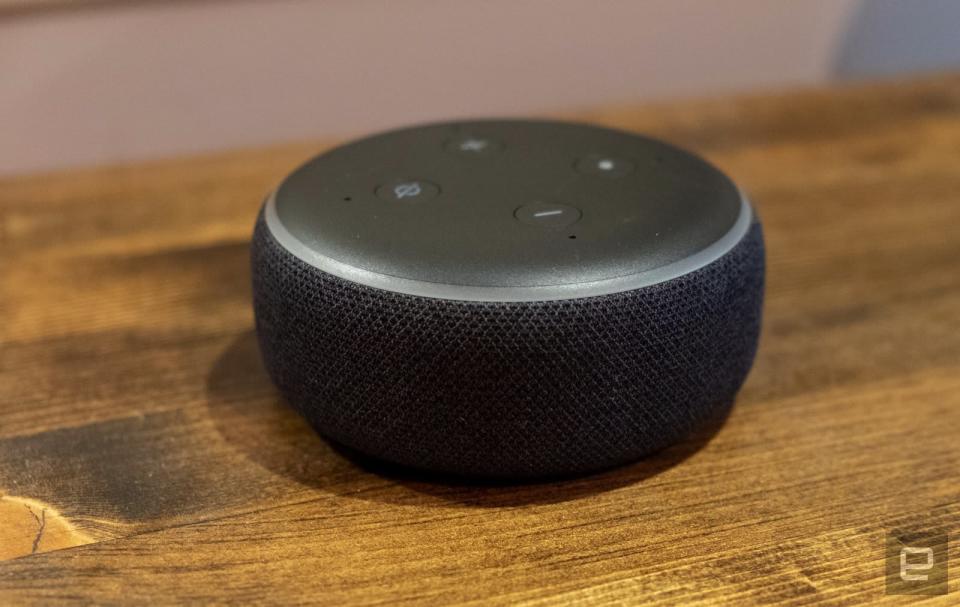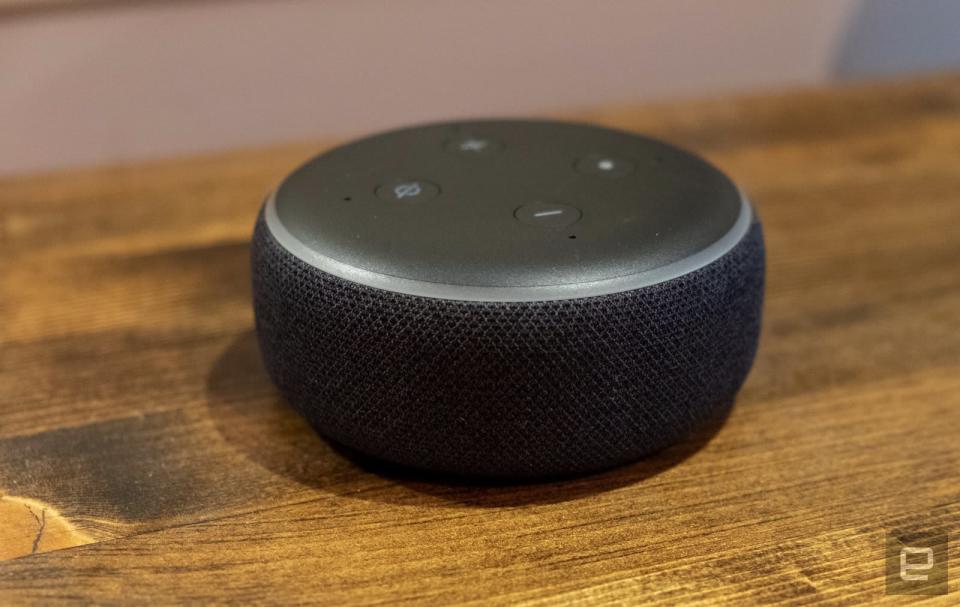Your smart speaker could tell if you're experiencing cardiac arrest
AI could listen for the telltale gasps and call for help.
Cardiac arrest frequently happens at home, and victims don't always have someone around to call for help. Your smart speaker might one day fill that role, though. University of Washington researchers have crafted a proof-of-concept AI that can detect the audio cues of cardiac arrest and respond accordingly. The system is trained on 911 call samples to listen for the telltale sounds of agonal breathing (that is, distinctive gasps for air) that come with cardiac arrest. It initially asks for help from people nearby to provide CPR, but will call 911 if there's no response.
The training was purposefully varied (such as by capture recordings on different phones and speakers) to avoid as many false positives as possible, and the initial accuracy appears to be high. The AI only misidentified breathing 0.22 percent of the time or less when it detected a single event, but it had flawless detection when it listened for events at least 10 seconds apart.
This isn't just a theoretical exercise. The scientists have created a spinout company (Sound Life Sciences) that intends to commercialize the tech. You might not see it pop up as an Alexa or Google Assistant feature given the privacy implications (it'd have to continually pay attention for breathing noises), but it's not out of the realm of possibility. It would make sense for health sensors and other dedicated devices, however. And no matter how it shows up, it could provide independence to seniors and other at-risk people who want to know they'll get help in a crisis.


